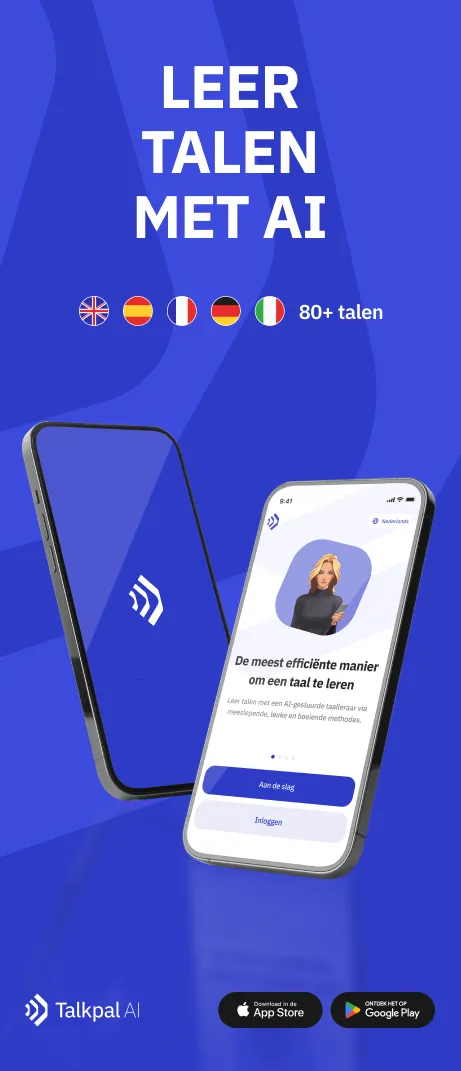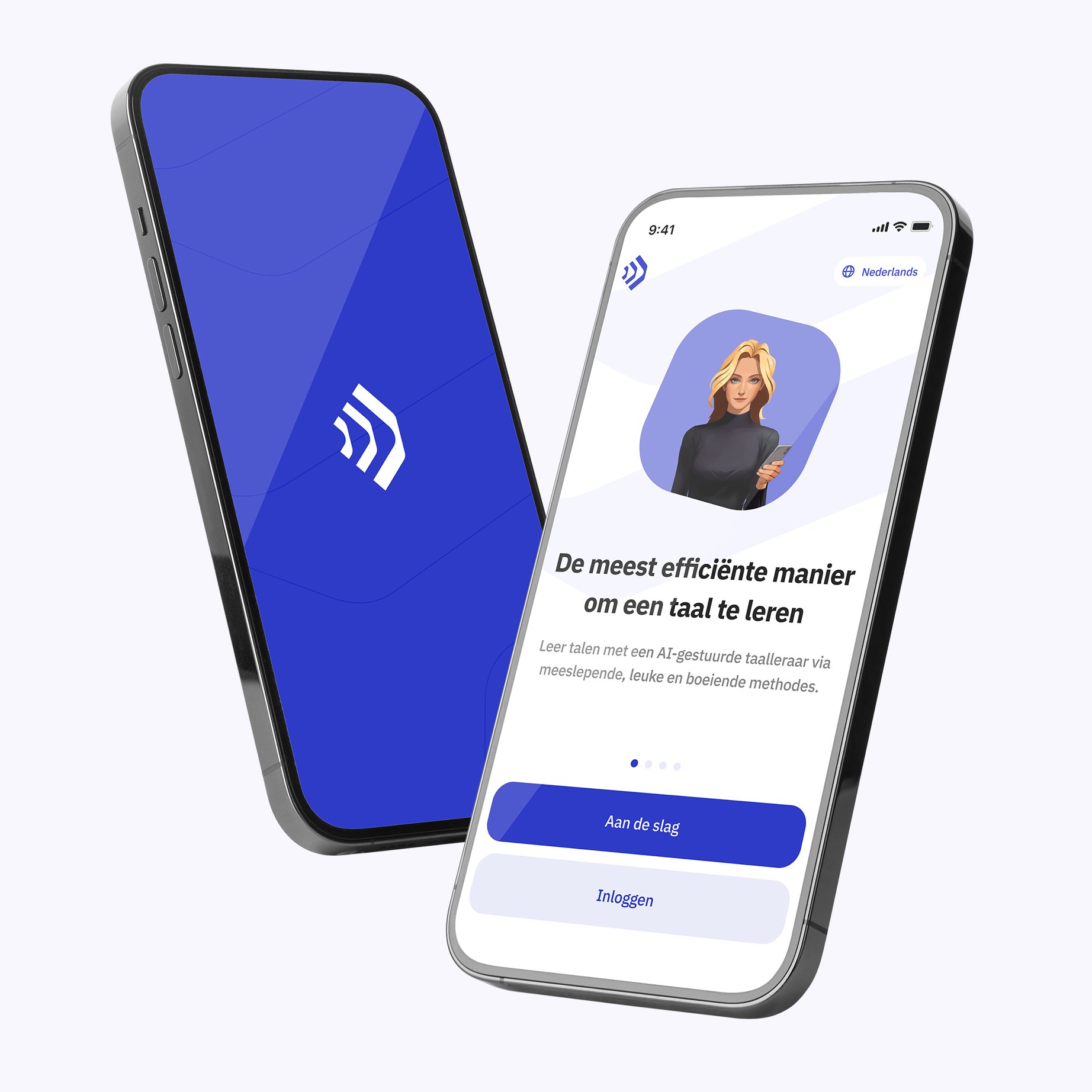In deze oefeningen oefen je met het vormen van de Future Perfect Simple. De structuur is als volgt: “will have” gevolgd door het voltooid deelwoord van het hoofdwerkwoord. Let op het verschil tussen reguliere en onregelmatige werkwoorden bij het vormen van het voltooid deelwoord. De oefeningen zijn bedoeld om je begrip en gebruik van deze tijdsvorm te versterken.
Oefening 1: Vul de juiste Future Perfect Simple vorm in
By the time you return, I *will have completed* (complete) the report.
In July, they *will have been* (be) married for ten years.
We are late; the movie *will have started* (start) by the time we get there.
By 2050, scientists *will have discovered* (discover) a cure for the common cold.
You need to hurry up if you want to see her, she *will have left* (leave) soon.
Before you wake up, I *will have gone* (go) to the gym.
I am sure that by next week, he *will have made* (make) a decision.
By the end of the year, I *will have saved* (save) enough money to buy a car.
We *will have finished* (finish) painting the house by this weekend.
By the time the concert begins, we *will have found* (find) a good spot.
She *will have returned* (return) from her trip by Monday evening.
Don’t worry about the deadline; by tomorrow, we *will have completed* (complete) the project.
After three hours of hiking, we *will have reached* (reach) the summit.
Next week, I *will have worked* (work) here for five years.
They *will have left* (leave) the country by the end of the month, won’t they?
Oefening 2: Vul de juiste Future Perfect Simple vorm in
By 8 o’clock, I *will have finished* (finish) my homework.
By this time next year, they *will have built* (build) the new bridge.
She *will have learned* (learn) to drive by the age of 18.
You won’t be able to meet him; he *will have left* (leave) by the time you arrive.
By the end of this course, you *will have improved* (improve) your English significantly.
If she takes the job, she *will have moved* (move) to London by September.
They *will have sailed* (sail) around the world by next summer.
Before the sun rises, the party *will have ended* (end).
By the time you get back from your business trip, your dog *will have grown* (grow) so much!
I’m afraid by the time we get there, the store *will have closed* (close).
By the end of the decade, the company *will have expanded* (expand) into Asia.
By noon, we *will have walked* (walk) ten miles.
She’s really fast; I’m sure she *will have done* (do) all the exercises by now.
After the long flight, they *will have arrived* (arrive) home exhausted.
He’s very persistent; he *will have finished* (finish) the race, despite the difficulty.










